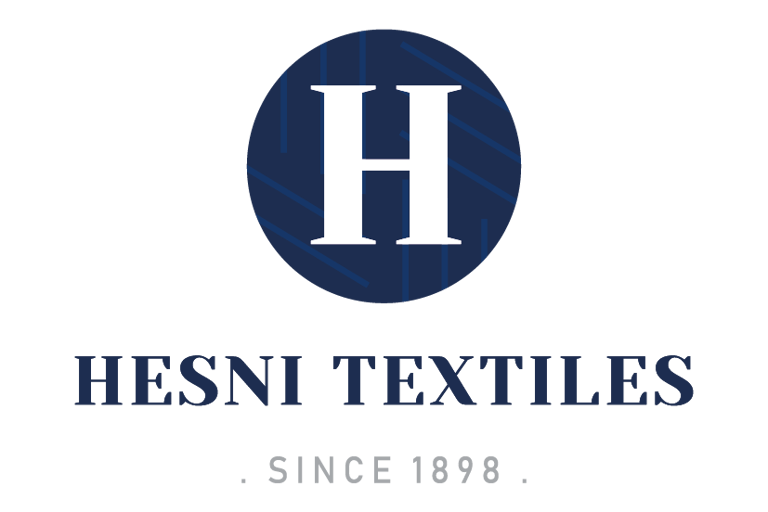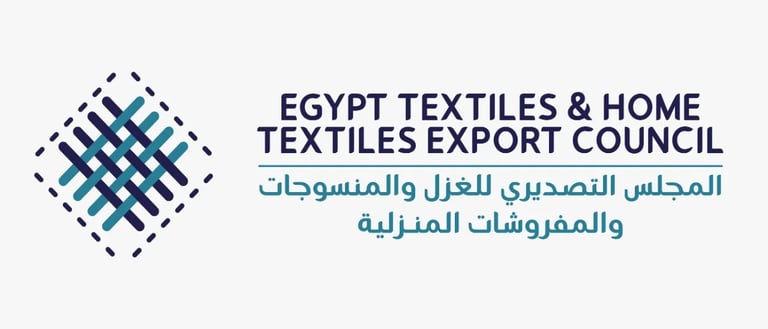Egyptian Textiles & Fashion
Egypt's textile and fashion industry is a historically significant, vertically integrated sector aiming for growth through modernization and expansion, with projects like massive industrial cities and new textile zones planned. It leverages strengths in cotton production and aims to be a major hub in Africa and the Middle East, supported by government initiatives, private sector investment, and favorable trade policies like the QIZ agreement. Key growth drivers include increased demand for affordable clothing, government support, and investments in new technology, though the industry faces challenges including worker turnover and R&D limitations.
Key Characteristics & Strengths
Vertically Integrated Supply Chain:
The industry spans the entire process, from cotton cultivation and fiber production to spinning, weaving, dyeing, finishing, and garment manufacturing.
Cotton Prowess:
Egypt has a long-standing reputation for high-quality cotton, which provides a strong foundation for its textile sector.
Strategic Location:
Egypt's proximity to the US and Europe allows for efficient production and shorter lead times, giving it a competitive edge over Southeast Asian rivals.
Favorable Trade Agreements:
Agreements like the Qualified Industrial Zones (QIZ) program provide tariff-free access to US markets, boosting exports.
Government Support:
The Egyptian government is actively promoting the sector by investing in new, state-of-the-art industrial zones and encouraging modernization efforts.
Recent Developments & Future Outlook
Mega Industrial Cities:
Plans are in place to establish massive textile industrial cities to host hundreds of factories.
Focus on Modernization:
Significant investments are being made in new equipment and technologies to update production facilities.
Growing Market:
The market is projected to grow, driven by consumer demand, government initiatives, and increased investment.
Export Growth:
Exports of textiles and garments to major markets like the US and EU are already strong and are expected to continue surging.
Challenges & Opportunities
Challenges:
The industry faces challenges such as high worker turnover, limited investment in research and development, and issues with workplace safety and labor management.
Opportunities:
There is significant potential to double textile sector revenue through focused effort, government patronage, and by further leveraging its vertically integrated supply chain.
Hesni Textiles
We have been around for over 100 years and want to be here for 100 more. At Hesni we understand how damaging the textile industry can be to the environment, and we pride ourselves as an example of how to work beyond that. Environmentally conscious and sustainable production is at the core of Hesni textiles - a value passed down from one generation to the nex


Egytex
There is no need to mention the vital impact that the Internet has played in every walk of life, and specifically in the business world. Faster, swifter, more efficient are adjectives synopsis with the breading of the Internet in our everyday business.
With international spotlight on Egypt, we need to be prepared


The Egyptian Textile Industry
With evidence of textile industry emerging in Ancient Egypt since 5500 BC; Egyptian textile industry has been geared to be a major supplier of primary textile materials to the garment and home textile manufacturers worldwide.The Textile Export Council "TEC" of Egypt can help you source all products from top class Egyptian suppliers with the most modern spinning, weaving, and processing state-of-the-art facilities


The Egyptian Textile Industry
Established in 2009, located in Port Said city, Egyptian International Textiles Co. S.A.E (LIONTEX) is one of the leading company specializes in producing and selling a wide range of woven & Knitting fabrics


